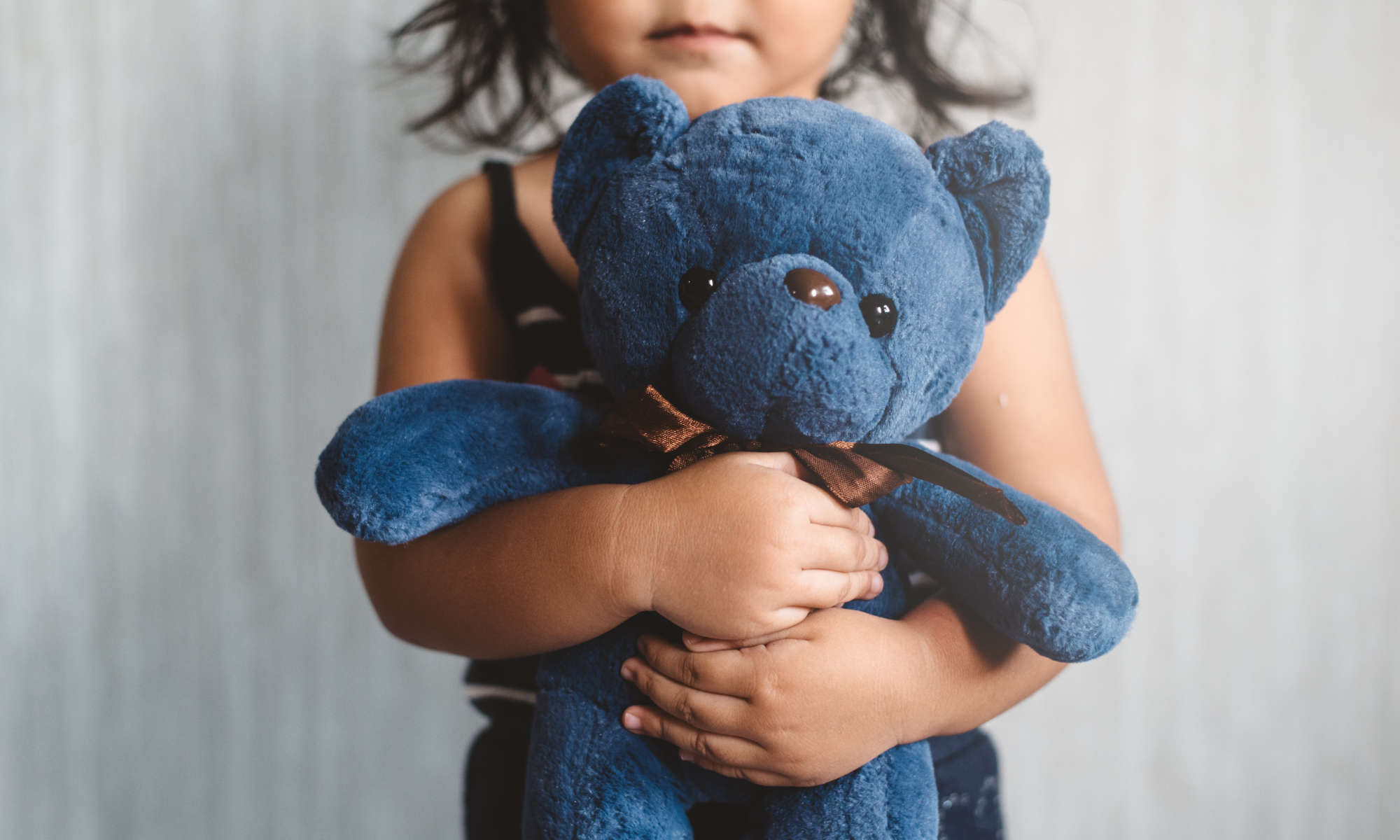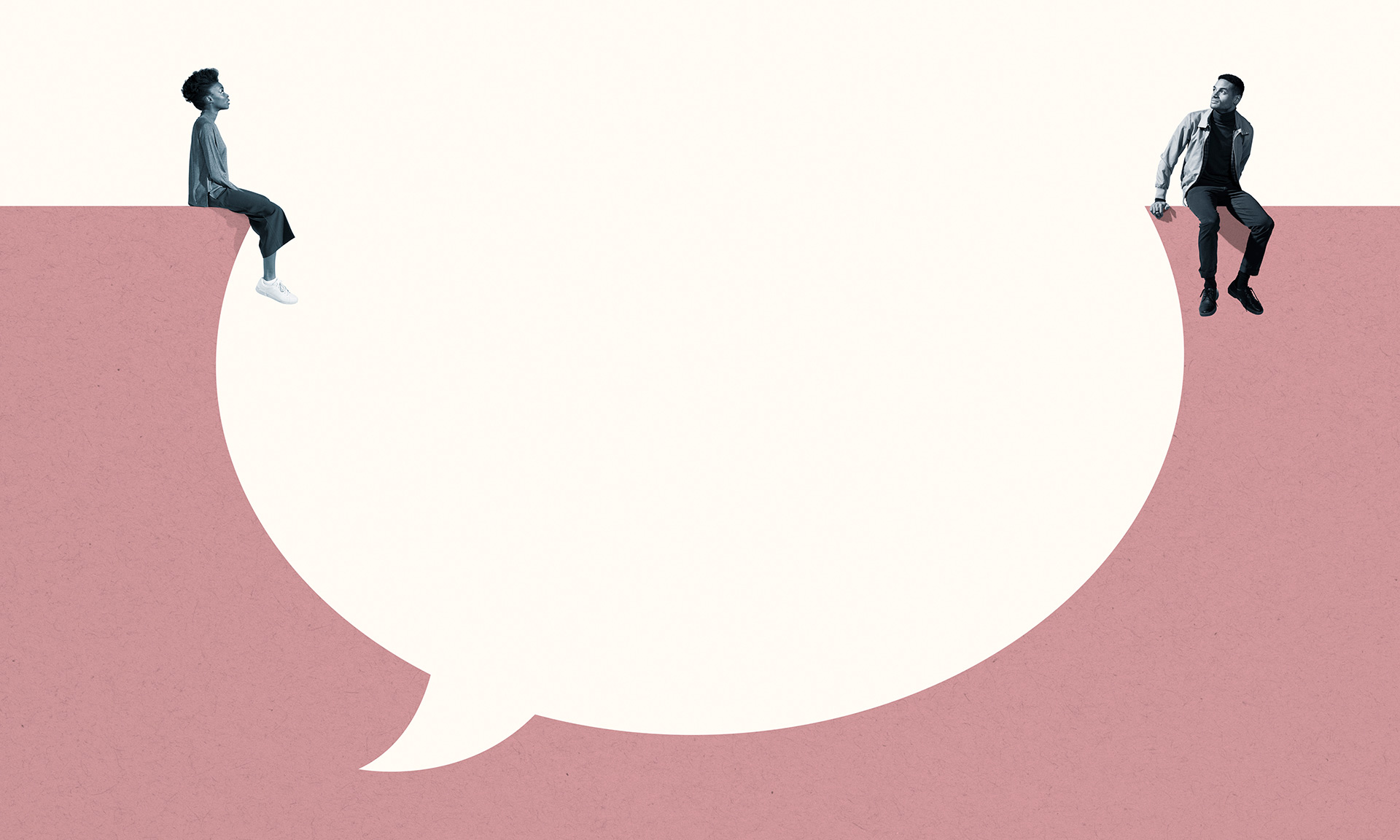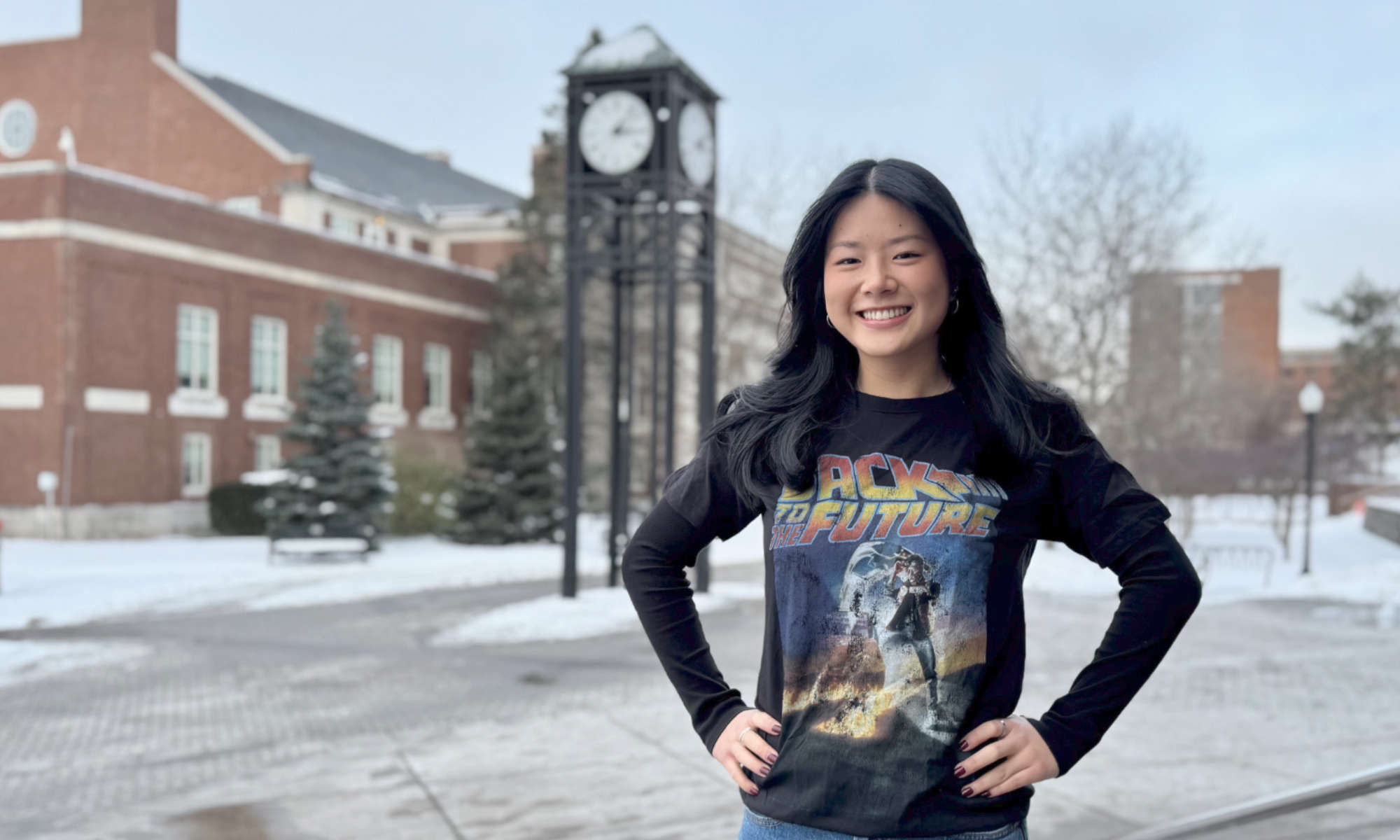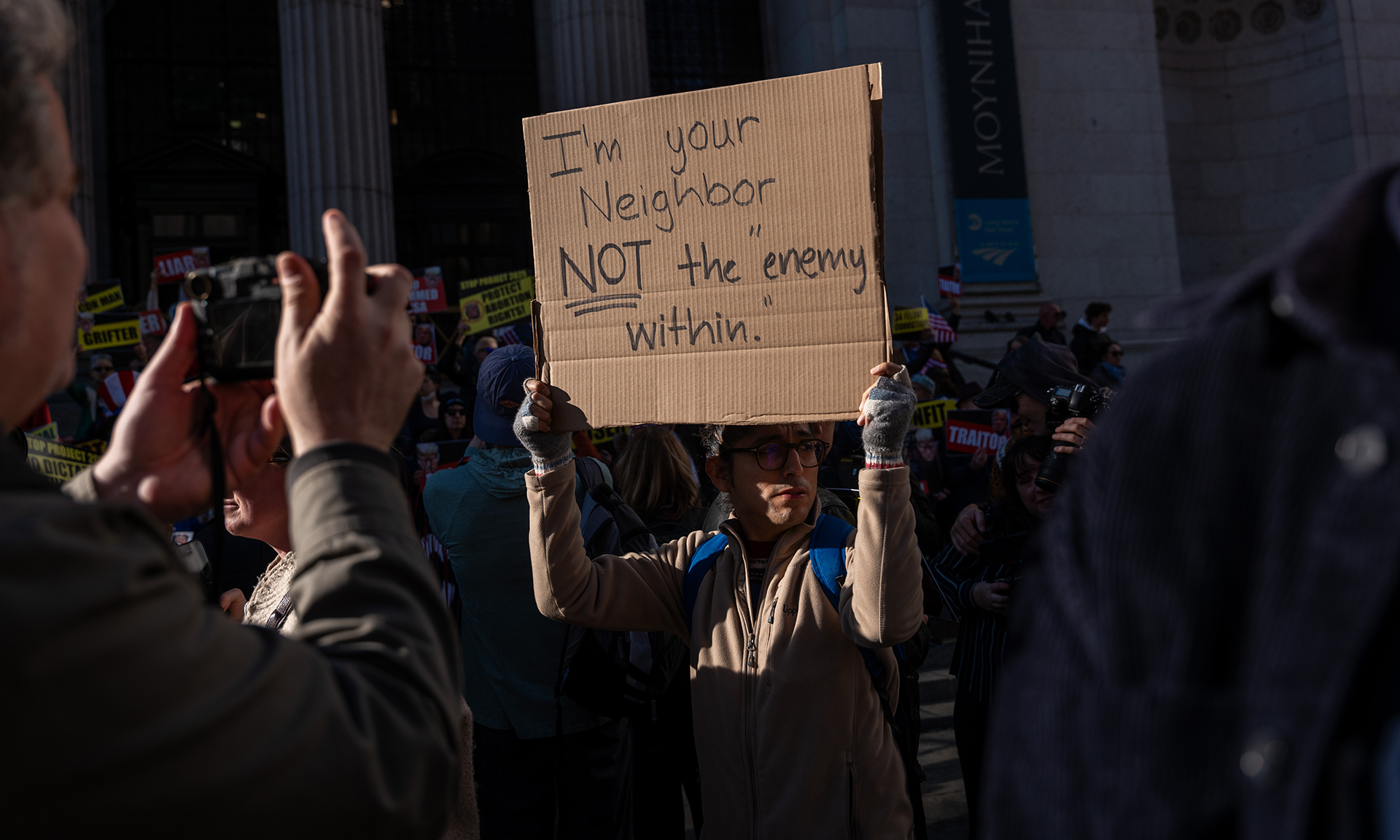
Who’s immune to conspiracy theories?
Rochester faculty on how political conspiracy theories start and spread—and why people believe them.

3 ways to reduce child sexual abuse rates
A new study finds that local, community-wide education efforts can drastically lower incidence of sexual abuse of children.

From Rochester with love
Valentine’s Day is on the horizon—and love is in the air. Enjoy a selection of hearty research, endearing stories, and moving moments from across the University of Rochester.

The truth may hurt. But for couples, it’s worth it.
In a new study of more than 200 couples, a team of Rochester psychologists reveals the truth about honesty in answering tough relationship questions.

What can Back to the Future teach us about US nuclear regulations?
Rebecca Frank’s undergraduate internship taps into well-known ’80s and ’90s movies to boost civic engagement on social media.

Historic Bermuda reshapes our understanding of colonial America
Smithsonian Magazine highlights the role of a Rochester historian and archaeologist in unearthing Bermuda’s colonial origins.

Why the powerful are more likely to cheat
Psychologists have found a correlation between a person’s self-perception of power and their (un)willingness to remain faithful.

Research-backed ways to bridge America’s political divide
Researchers successfully tested 25 different approaches to reducing partisan animosity and support for undemocratic practices or political violence. Two proved most effective.

What every American needs to know about voter turnout
Rochester political scientists explain why people do and don’t exercise their right to vote—and the implications of that choice for democracy.

Imagining a world without police
A new book by Philip V. McHarris envisions a future where safety is not synonymous with policing, but rather prevention.
